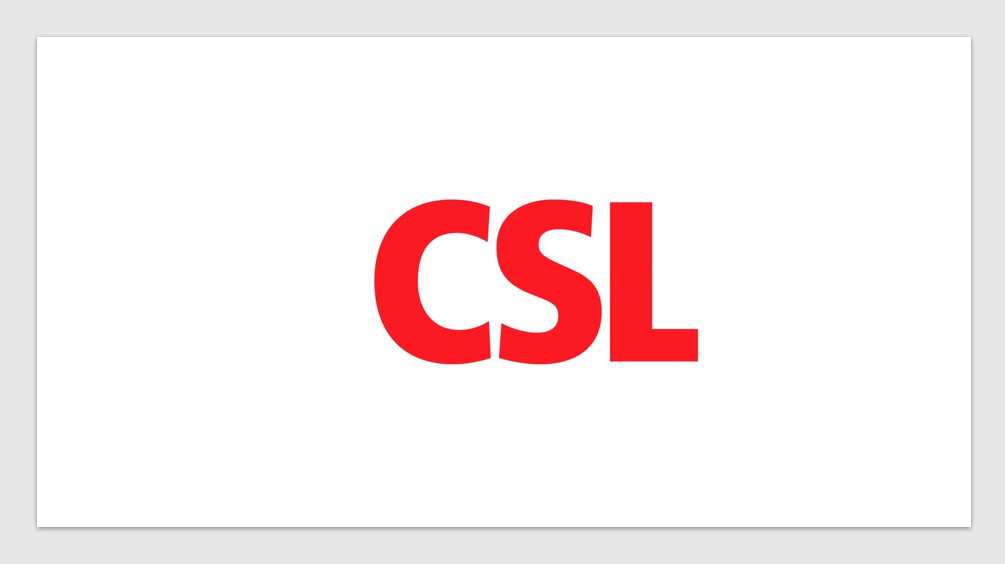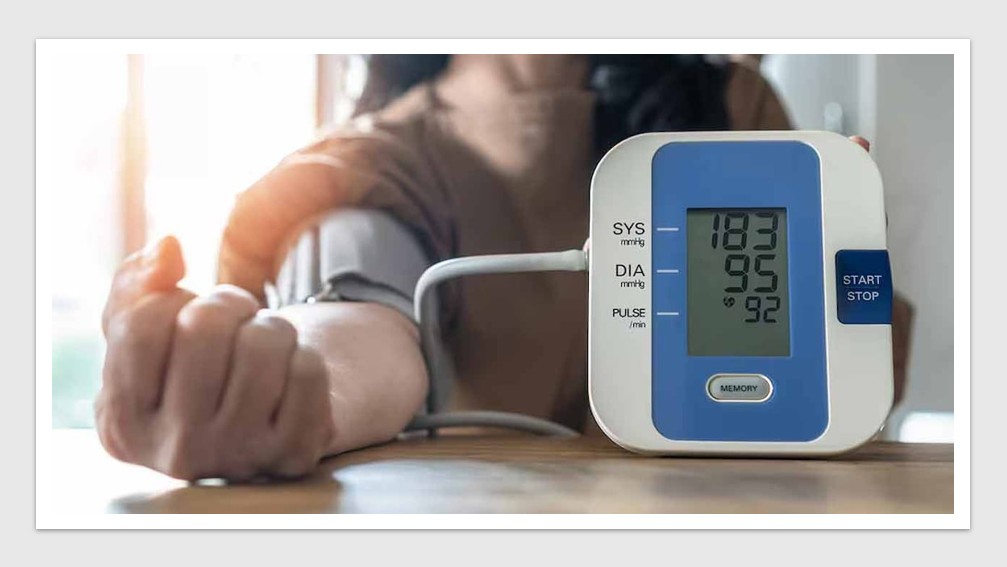News & Trends - Pharmaceuticals
Pharma tariffs: Australia sidelined as Trump cuts deals elsewhere

One of Australia’s largest exports, pharmaceuticals, is under direct threat as U.S. President Donald Trump prepares to impose 200% tariffs on medicines manufactured outside the United States. As global drug pricing and supply chain sovereignty dominate the U.S. agenda, the Albanese Government finds itself on the sidelines – without a meeting, let alone a trade negotiation.
Announcing the tariff move during a cabinet meeting on Wednesday, President Trump made his intentions clear, saying “We’re going to give people about a year, a year and a half to come in and, after that, they’re going to be tariffed.”
The proposed measures are part of the Trump Administration’s strategy to cut drug prices and repatriate pharmaceutical manufacturing. But for Australia, which exported around A$2.2 billion in pharmaceuticals to the U.S., the consequences are significant.
Medicines Australia is calling for a tariff exemption and working closely with government departments to seek clarity on what the new policy means in practice. The industry group argues that the move will neither attract Australian manufacturers to the U.S. nor strengthen U.S. competitiveness. Instead, Medicines Australia said the tariffs will do the opposite – raising healthcare costs in the U.S. without addressing the structural challenges in the global medicine supply chain.
Pharmaceuticals are one of Australia’s top five exports to the U.S., sitting alongside meat, medical equipment, transport machinery, and gold. But unlike the UK and Canada – both of which have already secured exemptions by tying tariff relief to increases in defence spending – Australia is still locked out of talks.
Prime Minister Anthony Albanese conceded that he does not currently have a meeting scheduled with President Trump, following a cancelled meeting in June. That leaves the government with no clear diplomatic pathway to negotiate a reprieve for Australia’s pharma sector.
“Our pharmaceuticals industry is much more exposed to the U.S. market, and that’s why we’re urgently seeking some more detail on what’s been announced,” said Treasurer Jim Chalmers. “Our Pharmaceutical Benefits Scheme (PBS) is very near and dear to us, we won’t be diminishing it or trading it away in the interests of trying to secure a deal in this instance.”
As global pressure mounts, Medicines Australia warns that the nation must also address its own internal barriers to pharmaceutical innovation.
“As an industry, we fully support the Pharmaceutical Benefits Scheme (PBS), one of the longest-standing public health programs in the world,” said Liz de Somer, CEO of Medicines Australia. “However, our Health Technology Assessment (HTA) system has not been comprehensively reviewed in over 30 years and has not kept up with the latest advances in medical science.”
“More investment is needed by the Australian Government into the PBS and into innovative medicines. We are actively calling now for the implementation of HTA reform as a priority to resolve comparator issues and speed up patient access to new medicines,” she added.
Professor Nial Wheate, School of Natural Sciences at Macquarie University, said “Criticising the time it takes to get regulatory approvals appears to be part of a wider plan of attack by the US government. It is putting pressure on Australia to open its market to higher prices for medicines made by US pharmaceutical companies. The Australian government should resist any changes to the regulatory approval processes that come from the US.”
Inside Trump’s Pharmaceutical Power Play
The U.S. pharmaceutical landscape faces its own challenges under the Trump Administration’s policies. Despite being the world’s largest pharmaceutical market, U.S. drug supply heavily relies on global sources, with significant imports from Europe, China, and India.
In 2023, the U.S. imported about $203 billion in pharmaceutical products – over half of its total supply by value – with about 73% of imports coming from Europe.
Drug Pricing Reform: Under the “Most-Favored-Nation” pricing model, U.S. branded drug prices could fall by up to 59%. While politically popular, the move is expected to squeeze margins and shrink R&D pipelines, with pharmaceutical companies warning of reduced innovation.
Tariff Pressures: A proposed 25% tariff on imported drugs and active pharmaceutical ingredients (APIs) could push generic drug prices higher, ironically driving up costs for the very patients these policies aim to protect. Analysts estimate more than $51 billion in annual costs could be passed on to consumers.
Reshoring Manufacturing: Major pharma players, including Eli Lilly, Johnson & Johnson, Novartis, and Roche, have pledged more than $158 billion to expand U.S. manufacturing operations. But these large-scale infrastructure projects will take years to bear fruit.
Innovation at Risk: The unstable regulatory and policy environment is already causing pharma companies to delay investments, stall clinical trials, and pull back on partnerships. Smaller biotech companies and international trials are especially exposed, with investors increasingly reluctant to fund high-risk R&D in such uncertain conditions.
The Trump Administration’s pharmaceutical agenda is redefining the global playing field. The question is not just whether Australia can dodge the fallout, but whether it has the leverage and policy agility to respond in time.
![]() In reimagining healthcare across the entire patient journey, Health Industry HubTM is the only one-stop-hub uniting the diversity of the Pharma, MedTech, Diagnostics & Biotech sectors to inspire meaningful change.
In reimagining healthcare across the entire patient journey, Health Industry HubTM is the only one-stop-hub uniting the diversity of the Pharma, MedTech, Diagnostics & Biotech sectors to inspire meaningful change.
The Health Industry HubTM content is copyright protected. Access is available under individual user licenses. Please click here to subscribe and visit T&Cs here.
News & Trends - Biotechnology

CSL reshapes R&D while bracing for U.S. tariffs
Australia’s largest biotech company CSL is streamlining its R&D operations to enhance efficiency amidst a rapidly evolving global landscape. The […]
MoreNews & Trends - MedTech & Diagnostics

Australia joins Medtronic trial in fight against resistant hypertension
Medtronic has launched an international clinical trial across Australia, the United States, and Europe to evaluate the feasibility of multi-organ […]
MoreNews & Trends - MedTech & Diagnostics

Medibank launches pharmacogenetic testing while government stalls on insurance discrimination ban
Medibank has become the first Australian health insurer to pay towards pharmacogenetic testing (PGx) for eligible customers on Extras cover. […]
MoreNews & Trends - Pharmaceuticals

Global pledge shifts visibility and action for patients with advanced breast cancer
Three breast cancer organisations have united internationally to demand that people living with metastatic breast cancer (MBC) are no longer […]
More